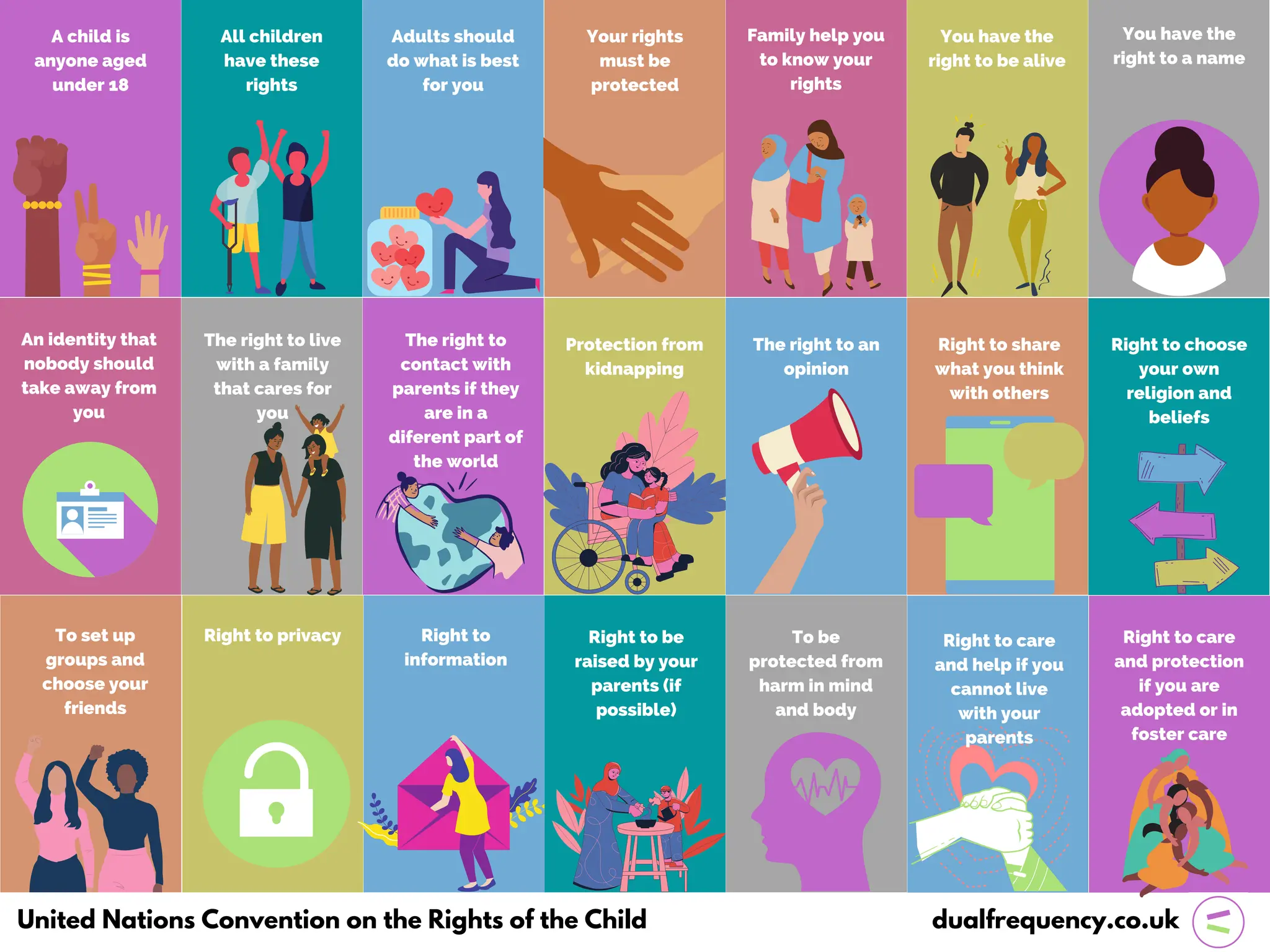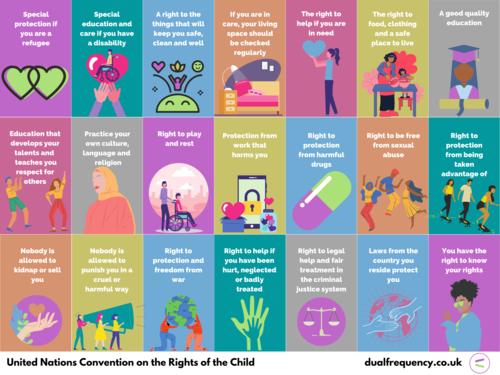Equality Duty

Culcheth Community Primary School Equality Statement
“Culcheth Community Primary School promotes equal opportunities for all pupils, staff and school community. We ensure that all persons have equal access to the full range of opportunities provided by the school. We celebrate diversity and actively encourage respect for all as well as promoting fairness and justice in the education that we provide.”
All schools are bound by the Equality Act 2010, which aims to ensure all people have equality of opportunity in school and life. At Culcheth Primary we have due regard for the need to advance equality of opportunity between children and adults who share a protected characteristic and those who do not.
The relevant protected characteristics are:- age, disability, gender reassignment, pregnancy and maternity, race, religion or belief, sex, sexual orientation.
Our Vision
Education is for all. We believe embracing equality, diversity and inclusion makes us stronger and better equipped to meet life’s challenges. By working collectively we have the power to inspire future generations of children.
Aims

The United Nations Convention on the Rights of the Child contains 54 articles covering all aspects of a child's rights.
At Culcheth Community Primary School we apply the Convention and work equally for all children. We are determined that all children, whatever their ethnicity, gender, religion, language, abilities or any other status, have the same entitlement to these rights. All of the rights are linked and none are more important than another.
There are four articles in the Convention that are seen as special. They’re known as the “General Principles” and they help to interpret all the other articles and play a fundamental role in realising all the rights in the Convention for all children. They are:
- Non-discrimination (article 2)
- Best interest of the child (article 3)
- Right to life survival and development (article 6)
- Right to be heard (article 12)




















